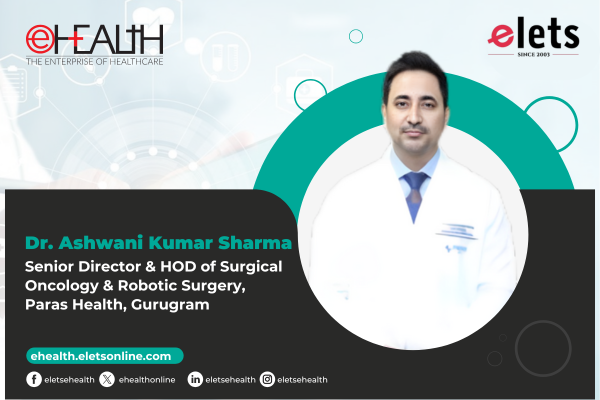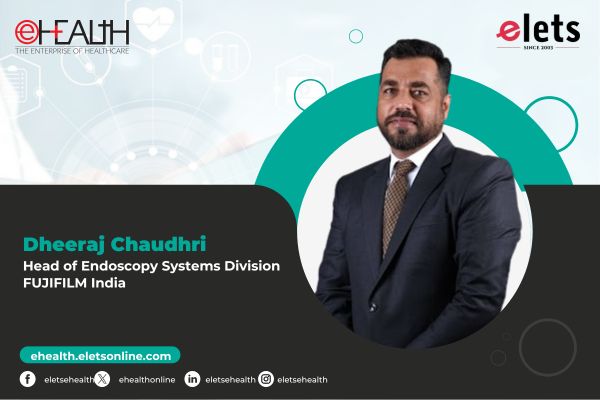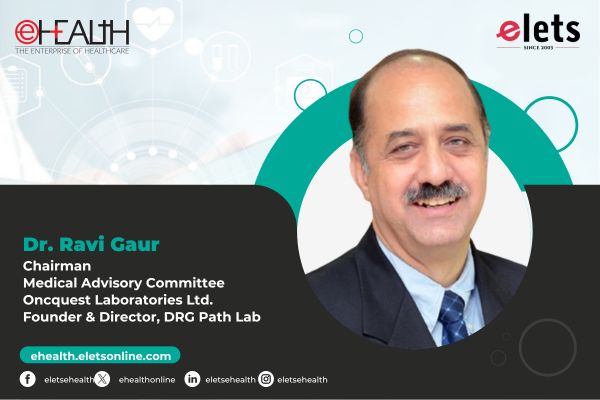
In the landscape of cancer care, few specialities reflect the balance of technical mastery and deep empathy as distinctly as gynecologic oncology. Focused on cancers of the female reproductive system, such as ovarian, cervical, uterine, vulvar, and vaginal cancers, this field is not only defined by its surgical depth, but also by its enduring presence throughout the patient’s journey.
Gynecologic oncologists play a dual role that makes them central to cancer care for women. They are not just highly skilled surgeons but also comprehensive care coordinators, guiding treatment decisions across the entire continuum, from diagnosis through therapy and into survivorship. This dual responsibility allows them to bridge medical specialities and ensure that the patient’s care plan remains cohesive, timely, and tailored.

Coordinated Care for Complex Cases
Gynecologic cancers, especially those affecting the pelvis, often need quick and thoughtful decisions because they can spread fast and are sometimes found at later stages. Having one specialist in charge of the entire treatment, from surgery to other therapies, helps avoid delays and ensures a consistent approach. This also gives the patient and their family peace of mind, knowing that one expert is with them throughout the entire process.

This approach works even better when a team of specialists collaborates. Gynecologic oncologists work together with other doctors, like medical oncologists, radiologists, and support staff, to create a unified treatment plan. When all the experts are on the same page, the patient’s experience improves, and the chances of a better outcome increase.

The Role of Robotic Surgery
Robotic-assisted surgery has significantly improved the treatment of cancers. It allows surgeons to make smaller incisions, which reduces the trauma to the body compared to traditional surgery. The robotic systems provide better precision, which means less blood loss, fewer complications, and faster recovery times for patients.

This type of surgery is particularly helpful for operating in delicate areas like the pelvis, where traditional surgery can be riskier due to the proximity of vital organs. For patients, the benefits go beyond just quicker physical recovery. Robotic surgery often leads to shorter hospital stays, less pain, and a faster return to normal activities, which also supports their emotional and mental well-being during recovery.
A Human-Centred Approach to Healing
While technology and surgical skills are important, what truly makes gynecologic oncologists stand out is how they care for the whole person, not just the illness. They create treatment plans with empathy, focusing not only on what works best medically, but also on what matters most to each woman.
For some, this may mean choosing treatments that protect the chance to have children. For others, it could mean offering gentle support through more advanced stages of illness. In every case, the aim is to care for both the body and the mind while respecting the patient’s values, lifestyle, and emotional needs.
Compassion is not something extra, it’s part of every step in the care process. Because these cancers affect deeply personal aspects of a woman’s life, treating with kindness and understanding is just as important as achieving good medical results. This thoughtful mix of skill and empathy is what makes gynecologic oncology truly unique.
Also Read :- The Policy Pulse Powering the Future of Indian Healthcare
Final Thoughts: The Anchor in a Complex Care Journey
As cancer care keeps getting better, gynecologic oncologists continue to be a strong and trusted support for women facing some of the toughest times in their lives. They bring both medical skill and kindness to every step of treatment, making sure care is not only effective but also personal. With newer methods like robotic-assisted surgery, recovery can be smoother and less painful, but even with all the new technology, what truly makes a difference is their compassion. They guide each woman with care, work closely with other experts, and treat the person, not just the illness. This is where medical precision meets real human connection, and that’s what makes gynecologic oncology so important.
Views expressed by: Dr. Ashwani Kumar Sharma, Senior Director & HOD of Surgical Oncology & Robotic Surgery, Paras Health, Gurugram
Be a part of Elets Collaborative Initiatives. Join Us for Upcoming Events and explore business opportunities. Like us on Facebook , connect with us on LinkedIn and follow us on Twitter , Instagram.
"Exciting news! Elets technomedia is now on WhatsApp Channels Subscribe today by clicking the link and stay updated with the latest insights!" Click here!
















